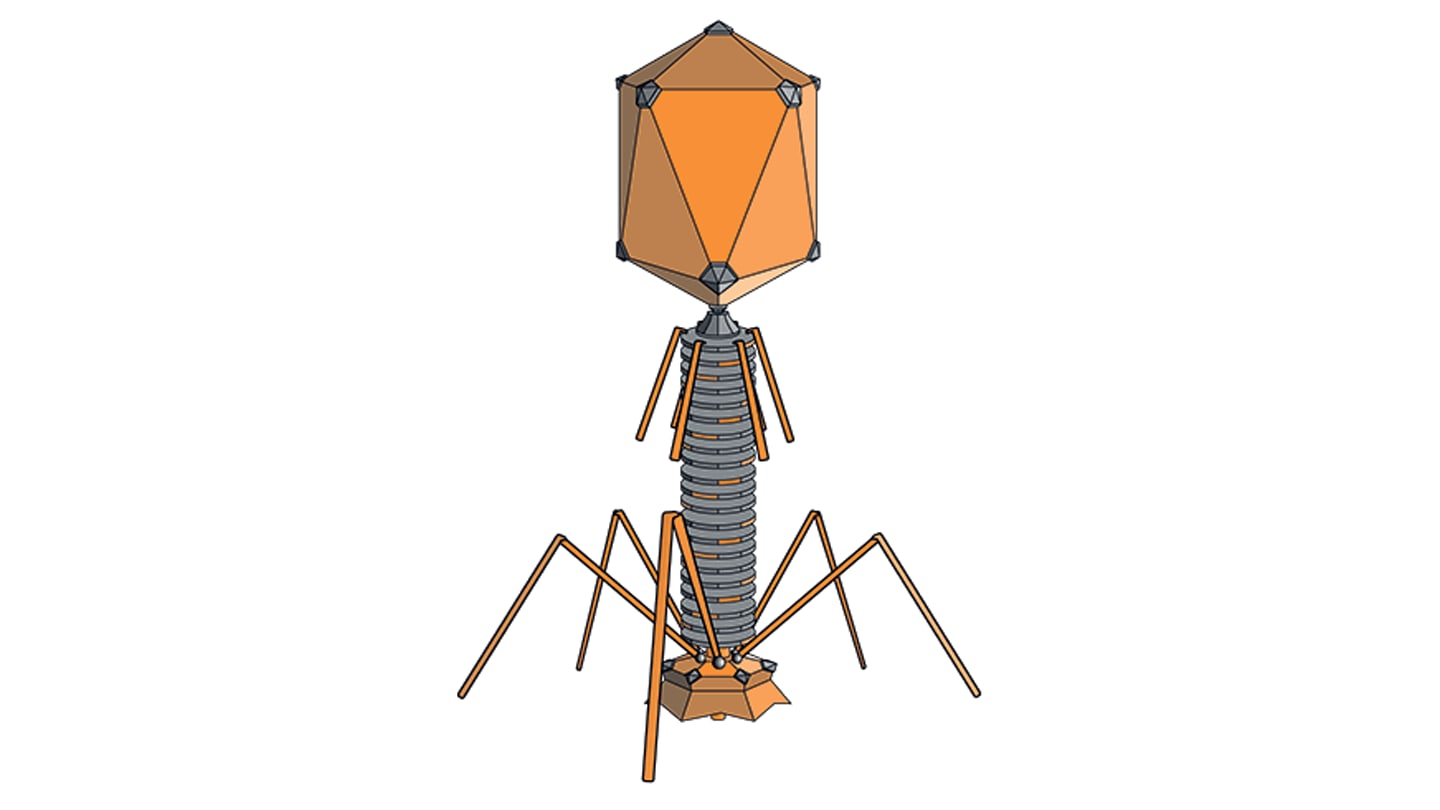
A retrospective study has found that older adults who received AS01-adjuvanted vaccines for shingles or respiratory syncytial virus were less likely to be diagnosed with dementia in the 18 months following vaccination than those who received the flu vaccine. The findings are based on the electronic health records from more than 436,000 individuals in the US.
The study analyzed matched cohorts of individuals aged 60 and older who received either the AS01 shingles vaccine, the AS01 RSV vaccine, or both, and compared them to a control group who received only a flu vaccine (which does not contain an adjuvant). Researchers observed a lower incidence of dementia diagnoses among those vaccinated with the AS01 vaccines: an 18% reduction for shingles alone, 29% for RSV alone, and 37% for those who received both.
The researchers note that this association is unlikely to be explained solely by prevention of shingles or RSV infections, both of which have been implicated in neurodegeneration. Instead, they point to the AS01 adjuvant itself as a possible contributor through its role in stimulating immune responses, including the production of interferon gamma. Animal studies have previously linked this cytokine to reduced amyloid plaque deposition and slower cognitive decline.
The team did not find significant differences in results when stratifying by sex or when including dementia cases diagnosed within three months of vaccination.
Other studies have suggested potential links between vaccination and a lower risk of dementia and big pharma is taking the results seriously. GSK, for example, recently announced a collaboration with the UK’s Dementia Research Institute and Health Data Research UK to look closer at the impact of the RZV shingles vaccine and dementia risk.
“There have been an increasing number of studies suggesting a link between people who receive certain vaccinations, like the Shingrix vaccine, and a decreased risk of dementia,” said Julia Dudley, Head of Research at Alzheimer’s Research UK. “One of the strengths of the study is that it adjusted for factors that could influence risk, such as underlying health conditions and some lifestyle and environmental factors. However, as the study is observational and examined past health data, the researchers cannot conclude how the Shingrix and Arexvy vaccines may protect against dementia. We also cannot rule out that the link between vaccine and dementia risk is due to other factors not captured in this study, such as social and lifestyle factors.
Kevin McConway, Emeritus Professor of Applied Statistics at the Open University described the study as a “statistically competent piece of work” but added: “What’s still not known from this study is exactly why these risk differences occur. The researchers mention that, in some way, they could occur because having either RSV or shingles might in itself increase dementia risk, so that having a vaccine that makes it less likely to have one or both of those diseases might reduce dementia risk. Or it could be because of some protective effect of the AS01 adjuvant, which is in these vaccines but not in the flu vaccine. (Or some combination of these possible effects.)”
Although there are still a lot of questions unanswered, the research has certainly sparked optimism within the scientific community by adding further to the growing pool of knowledge about vaccines and dementia. The authors have called for further studies
Commenting on the study, Andrew Pollard, Director of the Oxford Vaccine Group at the University of Oxford, said: “It is premature to be too certain about the mechanism by which vaccines might reduce dementia risk, but these observations provide further incentive for those eligible to turn up for their scheduled vaccination visits to prevent the unpleasant and potentially serious and life-threatening infections for which they were designed, but with the added possible benefit of a longer dementia-free life-span. What’s not to like?”




